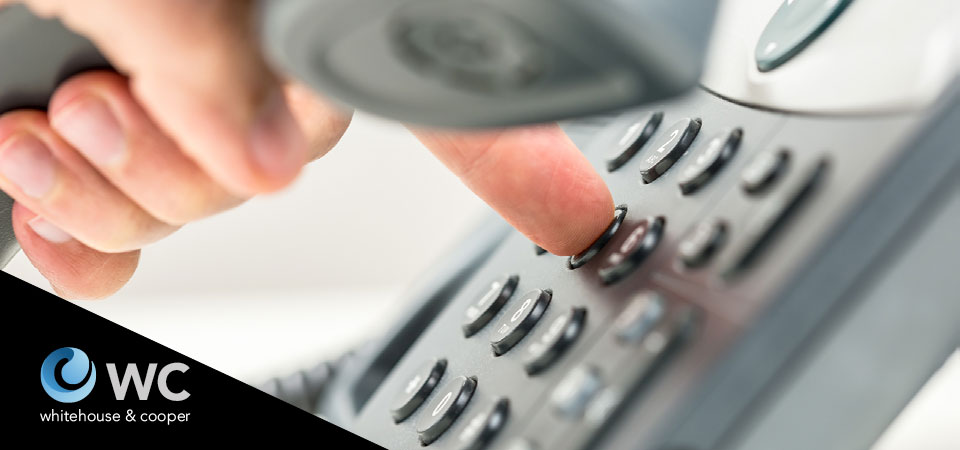
The Increasingly High Cost of TCPA Non-Compliance
The Telephone Consumer Protection Act (TCPA) was passed in 1991 after years of customer complaints about annoying and often downright harassing phone solicitations, or telemarketing, and calls from debt collectors. The TCPA restricts telemarketing practices and limits the use of automated dialing equipment and prerecorded messages. It also prohibits solicitations via text message and fax without consent. The TCPA was updated in 2005 to implement the Do-Not-Call Registry, which bans solicitations to any registered phone number.
The TCPA prohibits voice and text solicitations to any mobile phone – business or personal – without express written consent, and permission can be revoked at any time. Prerecorded messages to residential land lines are prohibited without express written consent as well. There used to be exemptions if the consumer had an “established business relationship” with the company, but that exemption was eliminated in 2013 due to the vagueness of the requirement.
Legitimate exemptions can include calls or texts from a person’s cellular carrier, debt collectors, and schools, as well as calls or texts involving alerts, health-related information, and research. Debt collectors may only call a mobile number with prior consent, but if a person provides a mobile number on a credit application, that counts as consent. The TCPA also includes rules about times of day for telemarketing (8 am – 9 pm), identification of the company responsible for the call, opt-out mechanisms and other requirements.
TCPA lawsuits are on the rise, and people aren’t just going after telemarketers. Social media companies, sports franchises, pharmacies, universities, retailers, travel companies, online service providers and others have been targeted. Even if you hire a third party to handle telemarketing calls and text messaging campaigns, you can be held liable for what that third party does on your behalf.
Penalties for TCPA violations are stiff. Because statutory damage liability is uncapped, settling TCPA lawsuits for millions of dollars is often deemed the better course of action for large companies rather than fighting the charges. One settlement involving Capital One and its affiliates totaled $75.5 million.
Even in “smaller” cases, a single plaintiff was recently awarded $229,500 in damages by a U.S. District Court after claiming she was subjected to 163 automated calls, which the defendant claims were intended for the phone number’s previous owner. In another case this year, the FCC issued a Forfeiture Order against AmericanWest and imposed a fine of $18,000 because four pre-recorded messages that claimed the recipient won a vacation were delivered without consent.
Last month, the FCC issued a Declaratory Ruling that broadens its interpretation of the TCPA. While the goal is to protect consumers from unwanted robocalls, according to FCC chairman Tom Wheeler, it has also emboldened those looking to take legal action against companies who allegedly violate the TCPA. In the next post, we’ll discuss this ruling in greater detail and explain what businesses can do to minimize the risk of TCPA non-compliance.



1 Comment
[…] the previous post, we discussed the history of the Telephone Consumer Protection Act (TCPA), which was passed in […]